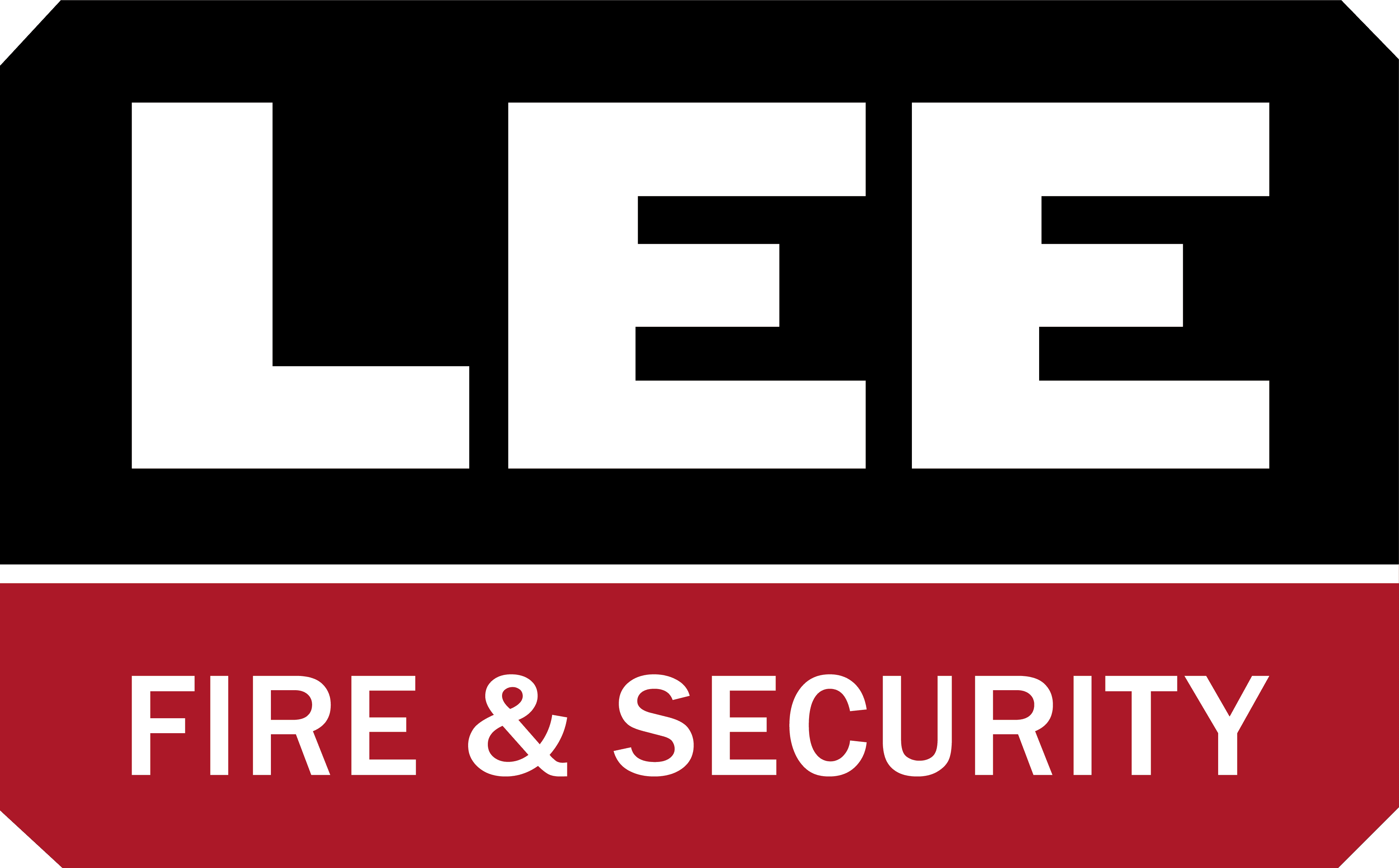How to protect your CCTV security footage

When you have a CCTV security system installed in your home or business, the first instinct is to keep the cameras themselves safe and secure, of course.
But few spare a moment to consider the footage your cameras are capturing. Because, not only are they capturing the footage that could put a thief behind bars or prove an insurance claim, they are capturing your memories.
With modern systems, everything is recorded and backed up into a hard drive with the oldest footage automatically being erased to make room for new footage unless you back that up to another device.
Other systems store video on a cloud-based system. Whatever the case with your CCTV, however, there are five things you should be doing to ensure your video data is safe.
Keep updated
Your personal footage is about as private as it gets so the last thing you want is an outdated system leaving you open for theft.
The older a firmware or software version is, the more vulnerabilities are exposed and the easier they can be to hack into. If the system is too old to be updated with firmware or software, then you might need a new system entirely.
Change passwords
We all know that one person who keeps the same password for everything and it’s usually something completely obvious and innocuous like the name of their dog or their child’s birthday.
Strong passwords that are more complex are better than weak ones, but even the most complicated passwords are not 100% secure. So, it’s best practice to change your password regularly.
A random combination of letters and characters is the best bet here, though it should be a pattern that you are able to recognise because otherwise, you’re likely to forget it.
Delete or move it sooner
The length of time your system stores your footage for will depend on the system and how it was set up. You should, however, be able to directly access the footage and delete it or move it to another storage device whenever you see fit.
So, if there’s footage on there that you think somebody might want to get at, either delete it or move it to an external thumb drive.
Don’t take unnecessary risks
Cloud security storage is very convenient but it also opens your footage up to the entire internet. If you are using a cloud-based storage solution then it should be one that is only accessible by a handful of people and can be controlled remotely by users.
Keep your cameras to yourself
People are going to be that much more likely to actually want access to your footage if it’s facing towards the street.
The main reasons for accessing your footage are for criminals who want to get rid of any evidence and third-parties who might have been caught on your cameras doing something they weren’t supposed to be doing. In business, meanwhile, it could be employees wanting to delete footage or even committing corporate espionage.
For homes, if your cameras are pointed at your front and rear doors (and perhaps your garage) then it’s less likely to pick up anything it’s not supposed to. For businesses, meanwhile, it’s a little more of a subtle task.
